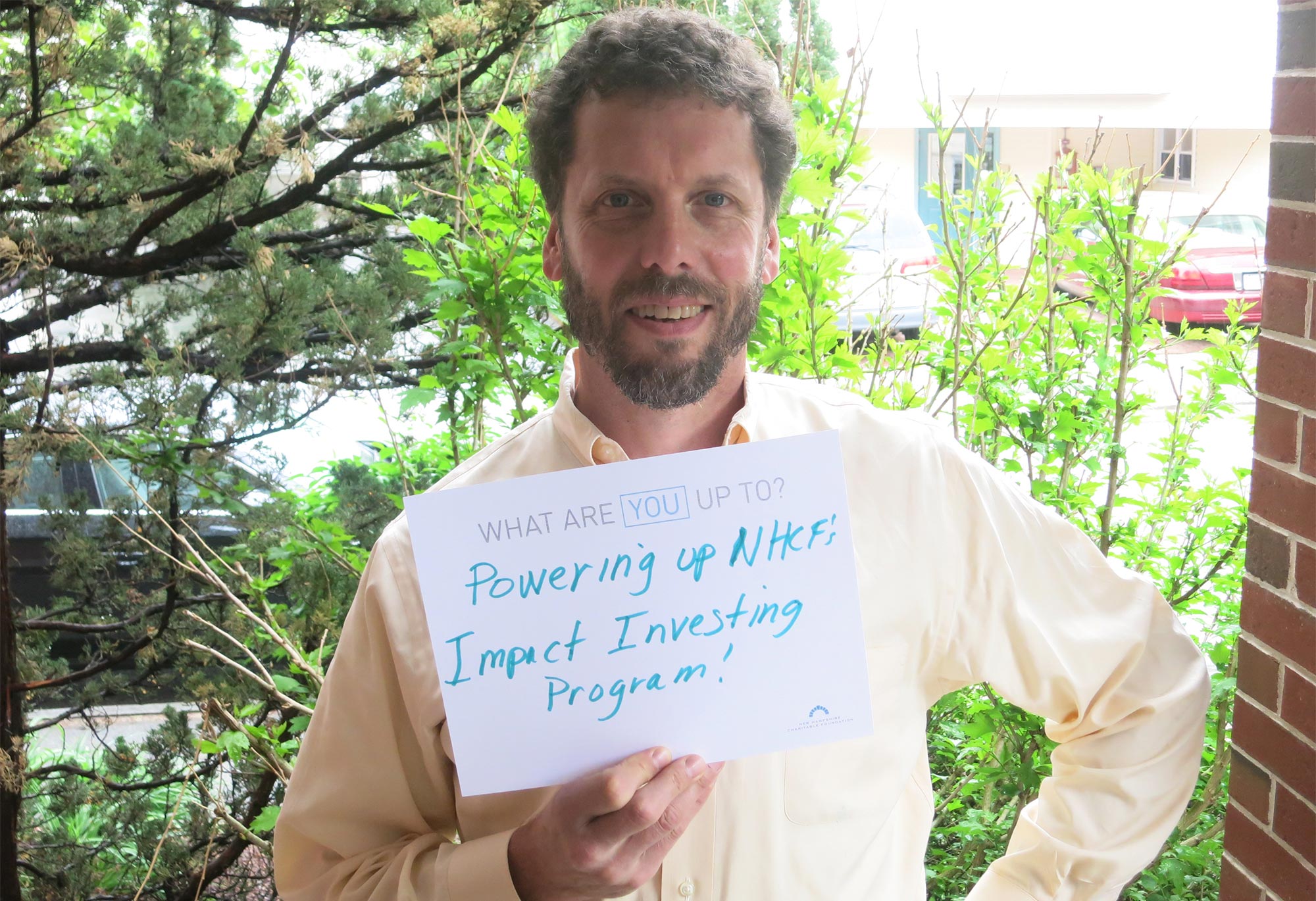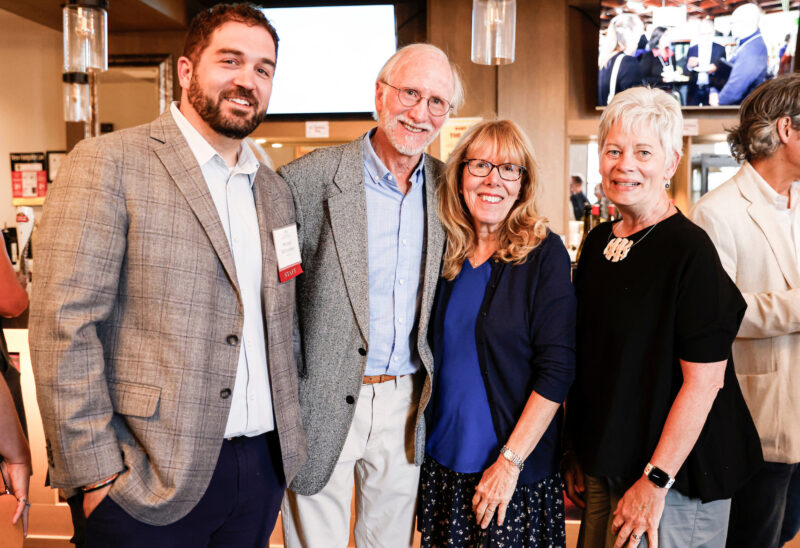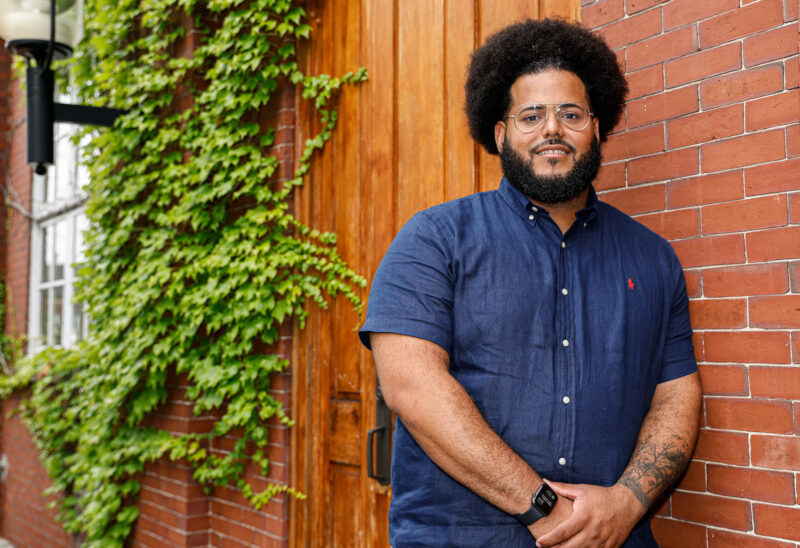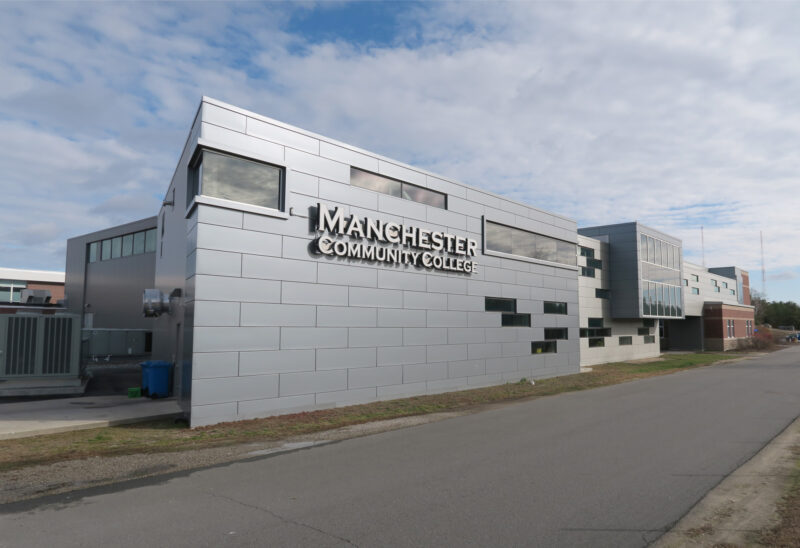What is working capital, and how might it help my nonprofit?
Those were the questions we set out to answer at the recent Upper Valley Nonprofit Exchange, co-hosted by the Center for Business and Society at Dartmouth’s Tuck School of Business, the New Hampshire Charitable Foundation and the Vermont Community Foundation.
Most nonprofit leaders are familiar with traditional income sources, including membership, donor gifts, earned income, foundation grants and business underwriting. These sources of capital are the ‘bread and butter’ we all rely on to pay staff, keep the lights on and deliver programs.
Some nonprofits also use various forms of ‘working capital’ – financing instruments such as lines of credit, low-interest loans and tax credits that can help organizations grow and thrive.
Working capital options are not for every organization, and they can’t replace traditional revenue sources for basic operations. But in certain circumstances, various types of working capital can be truly transformative.
Here are some working capital options to consider:
- Lines of credit. Bill Dunn from Mascoma Savings Bank recommended establishing a working relationship with a local banker. Community banks thrive on ‘personal relationships,’ which can make it easier to get help when your organization really needs it. He advised setting up a line of credit “when times are good” so that if a financial crisis hits, an organization will be ready to use this tool if needed.
- Loans. John Flanders of New Hampshire Community Loan Fund described that organization’s loan programs for nonprofit facility improvements, expansion of child-care centers, and affordable housing – all of which can take advantage of flexible financing and the ‘special sauce’ of technical assistance and support that Community Loan Fund staff provide to help create successful financial partnerships.
- Tax credits. The New Hampshire Community Development Finance Authority’s Taylor Caswell described the state’s Tax Credit Program. Every year, the legislature allocates to CDFA several million dollars of credits against state business tax obligations. Through a competitive application process, the CDFA allocates tax credits to worthy nonprofit projects. Nonprofits then sell the credits to local businesses for cash, and the businesses use them to reduce their tax burden, so everyone wins. The resulting cash can support infrastructure improvements, building renovation and expansion, and other needs. (The Grafton County Senior Center, for instance, received a half-million in credits to do important facility renovations. The credits were sold to 19 businesses, and proceeds financed the renovations.)
- Impact investments. The Charitable Foundation provides working capital through our Impact Investing program, where we deploy investment capital with the intention of having an impact that aligns with our mission AND generating a financial return to be used for grantmaking. The program makes targeted investments with strong New Hampshire partners. The program uses a portion of the Foundation’s invested capital (endowment) for these investments – not grant dollars. The impact investment program in its current form is new, but the Foundation has a long history as an impact investor – having made more than $6 million in loans to nonprofits since the early 1970s.
Want to know more? Get in touch to explore how to access different types of working capital.
Bill Dunn, Mascoma Savings Bank, Jvyyvnz.qhaa@znfpbznonax.pbz
Julie McConnell, New Hampshire Community Loan Fund, wzppbaaryy@pbzzhavglybnashaq.bet
Taylor Caswell, New Hampshire Community Development Finance Authority, gpnfjryy@aupqsn.bet
The Upper Valley Nonprofit Exchange happens three times a year and has addressed a variety of nonprofit management topics since 2002. The program is part of a series of connections that the Tuck School has made with the nonprofit community in the Upper Valley to support learning by their business students. Other examples include student teams doing small consulting projects for nonprofits; students serving as ex oficio members of nonprofit boards; and an annual ‘day of service’ to do hands-on projects. The next Nonprofit Exchange will be held in the fall. If your nonprofit works in the Upper Valley region and you would like more information about the Exchange, please contact Hannah Payson at unaanu.x.cnlfba@ghpx.qnegzbhgu.rqh.
Kevin Peterson oversees the Foundation’s environmental grantmaking and co-manages the Impact Investing program.












![Rev. Heidi Carrington Heath joined Seacoast Outright. [Photo by Cheryl Senter]](https://www.nhcf.org/wp-content/uploads/2024/05/Heidi-Carrington-Thumbnail-800x548.jpg)
![Dr. Jennie Hennigar treats a patient at the Tamworth Dental Center [Photo by Cheryl Senter]](https://www.nhcf.org/wp-content/uploads/2024/05/TCCAP-Hero-800x548.jpg)

